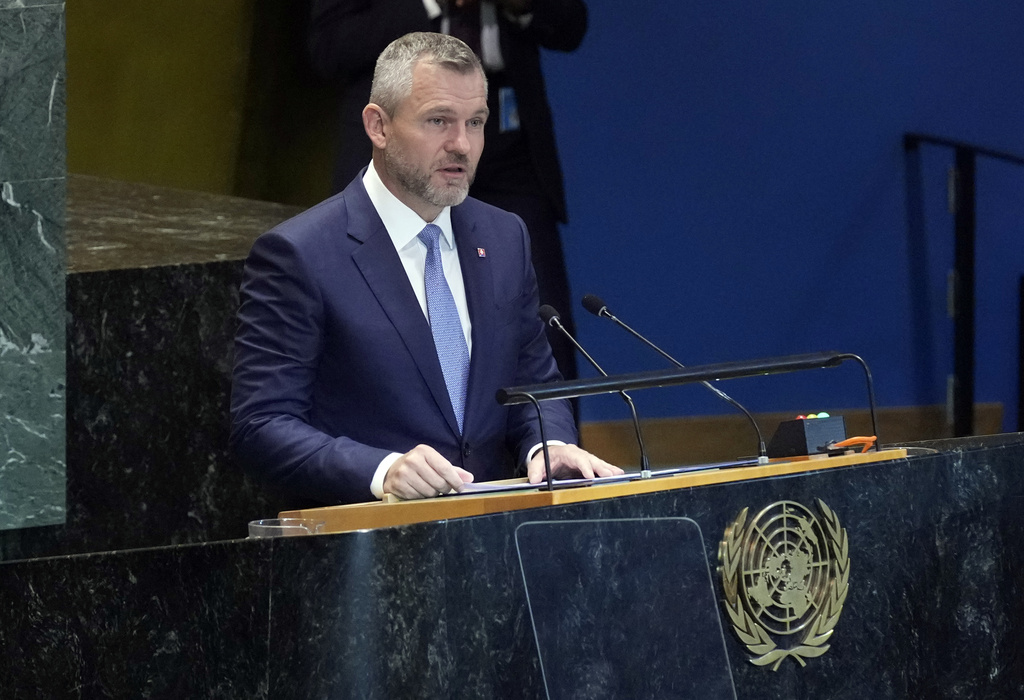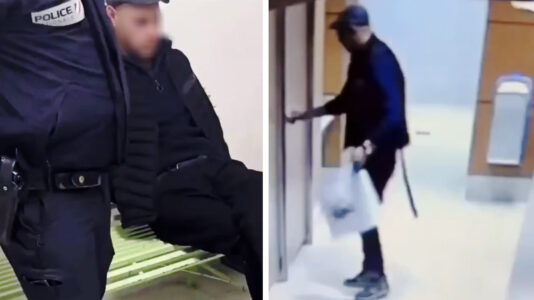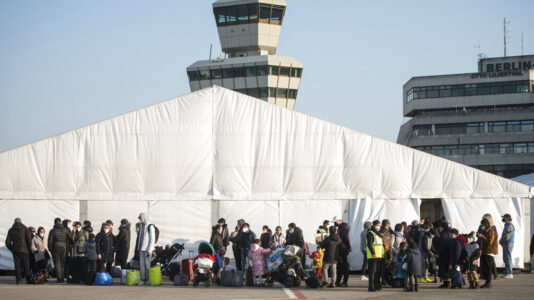Slovak President Peter Pellegrini has called for immediate peace talks to end the ongoing Russian-Ukrainian war, suggesting Ukraine may need to accept territorial concessions to achieve a resolution.
Speaking in an interview with Slovakia’s public broadcaster STVR, Pellegrini emphasized the importance of a pragmatic approach to peace.
“I think you have to be realistic about peace. Today, probably no one in Europe believes that peace would be possible without Ukraine’s territorial losses,” Pellegrini said, according to The Kyiv Independent.
Pellegrini’s stance aligns with the policies of Slovak Prime Minister Robert Fico, a close ally who has taken a critical approach toward military aid for Ukraine and sanctions against Russia. Since taking office in September, Fico has halted military support for Ukraine and has accepted an invitation to Moscow’s Victory Day celebrations next May, signaling a notable shift in Slovakia’s foreign policy direction.
The president also reiterated his opposition to Ukraine’s immediate NATO membership, deeming it unrealistic during an ongoing conflict.
Pellegrini’s remarks come amid broader divisions within the European Union regarding its approach to the war in Ukraine.
At Monday’s year-end meeting of EU foreign ministers in Brussels, the agenda focused on Ukraine, Georgia, and the Middle East. However, Hungary took a sharply dissenting stance, raising a veto against financing further arms shipments to Ukraine and blocking proposed sanctions on Georgian leaders.
Hungarian Foreign Minister Péter Szijjártó criticized what he described as the EU’s “failed pro-war strategy,” arguing that it risks escalation and imposes heavy burdens on European countries without bringing peace any closer.
The road to peace in Ukraine remains fraught with challenges, but Hungary’s pragmatic approach offers a stark contrast to Zelensky’s rigid idealism. https://t.co/FGUZTs5CeJ
— Remix News & Views (@RMXnews) December 12, 2024Hungarian Prime Minister Viktor Orbán has sought to achieve a Christmas ceasefire in war-torn Ukraine, liaising with several major players including Ukrainian President Volodymyr Zelensky and Russian President Vladimir Putin, while also making visits to the Vatican and U.S. President-elect Donald Trump’s Mar-a-Lago residence.
“No one stood up for the truce today, and several people even argued against it,” Szijjártó said. “A ceasefire means no fighting, and if there is no fighting, then there is no Russian advance,” he asserted.
The Slovak and Hungarian leaders’ positions reflect a growing contingent within Europe advocating for negotiations over continued military support, highlighting the increasing strain the conflict is placing on European unity and resources.






